June 2019
- Concept papers published
- Online course launched
- Second project meeting
- Interview: What to expect from GREASE’s forthcoming Country Reports
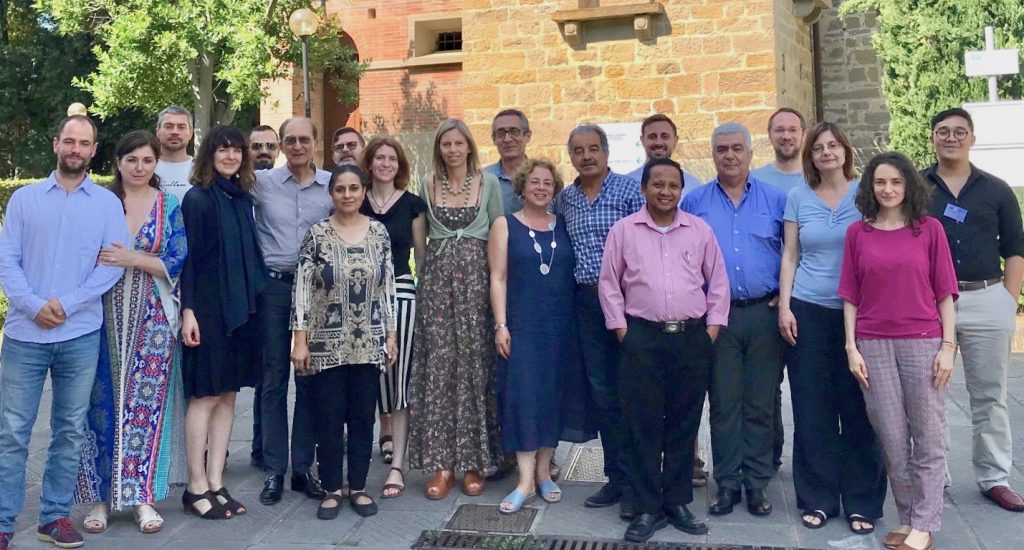
Welcome to the second issue of our newsletter. As you will see, we’ve reached some important milestones over the past three months.
We are particularly pleased to present our Concept Papers, the first original e-publications (aside from blog articles) to emerge from the project. We’ve also launched the first of our two online courses, starting with the topic of religious governance.
Conducting research on four continents, our consortium partners have been hard at work preparing the project’s much-anticipated Country Reports. The 23 reports – together with our compact Country Profiles – are set for publication later this year. Below you will find an interview with our Lithuanian research team explaining the purpose of these reports and highlighting their preliminary findings in Russia, Hungary and Slovakia.
Last but not least, you will notice that we brought together representatives from all GREASE partner institutions for a second project meeting – no small feat, given the consortium’s globe-spanning footprint!
Concept Papers Published
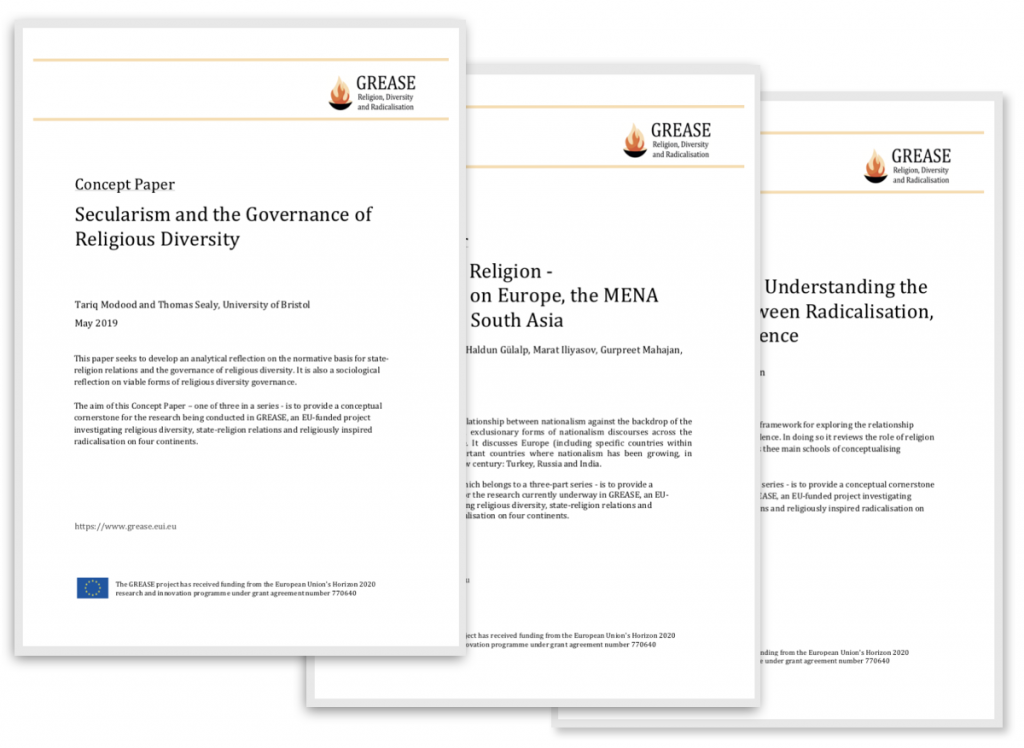
At the end of May the GREASE consortium released its first set of papers. The GREASE Concept Papers provide the conceptual foundations for the research project as a whole. A team effort supervised by Tariq Modood at the University of Bristol, the three papers explore issues at the core of our investigation: governance of religious diversity, state-religion relations and religiously inspired violent radicalisation. Reflecting the multi-centred nature of the project, the papers feature input from nine consortium members representing seven institutions in six countries.
Here’s an overview of the three papers, all of which are available in the publications section of our website:
“Secularism and the Governance of Religious Diversity” offers an analytical reflection on the normative basis for state-religion relations and the governance of religious diversity. The work of Tariq Modood and Thomas Sealy of the University of Bristol, it explores various interpretations of secularism, examining historical trends and delineating six concepts of “pro-diversity”.
H.A. Hellyer (RUSI) and and Michele Grossman (Deakin University) collaborated closely in writing GREASE’s “Framework for Understanding the Relationship between Radicalisation, Secularism and Religious Diversity”. Looking at the role of religion in radicalisation theories, the authors delineate thee main schools of conceptualising radicalisation. The overall purpose of this Concept Paper – going to the heart of the project – is to provide a basis for exploring the relationship between radicalisation, religion and violence.
The third pillar of GREASE’s conceptual framework is presented in the form of “Nation and Religion – Reflections on Europe, the MENA Region and South Asia”. Jointly authored by Anna Triandafyllidou (EUI), Haldun Gülalp (TESEV), Gurpreet Mahajan (JNU) Marat Iliyasov and Egdūnas Račius (both of Vytautas Magnus University), this paper looks at nationalism and the rise of fervent and exclusionary forms of nationalism discourses over the last decade. It examines these phenomena in various European Union countries as well as Turkey, Russia and India.
Online Course Launched
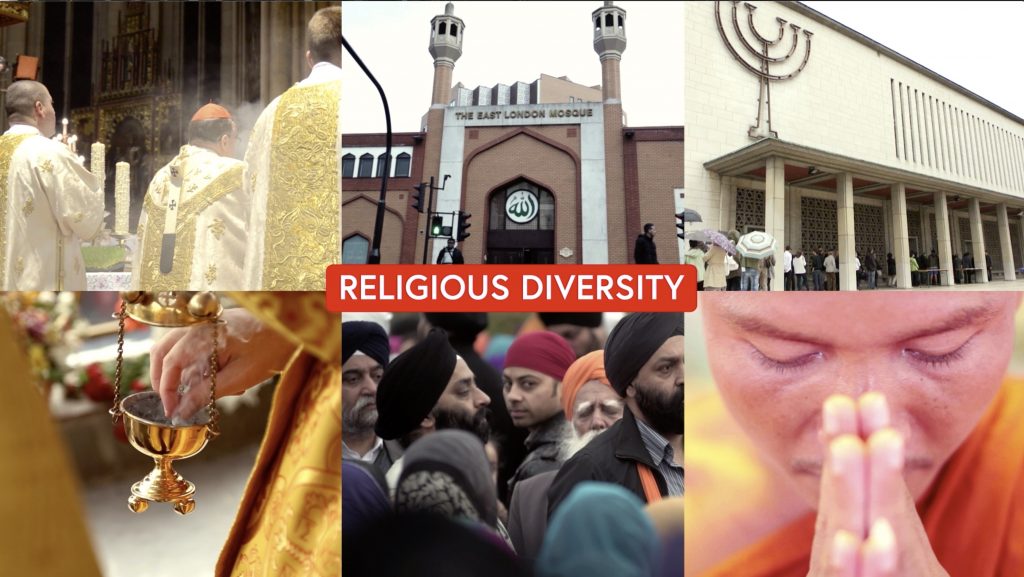
On June 17 GREASE launched its first Massive Open Online Course (MOOC). Hosted on the Future Learn platform, the course introduces learners to core issues surrounding governance of religious diversity. The course runs for three weeks and is available free of charge.
Reflecting GREASE’s multi-centred orientation, this MOOC is titled “Governing Religion: European Challenges and Asian Approaches”. It is one of two being offered by the project. The second course – “Religion, Radicalisation and Resilience” – is due to be released on September 16, 2019. Both courses will be made available multiple times.
GREASE’s online courses are open to all interested persons. They are designed to serve the particular interests of undergraduate and graduate students in the fields of sociology, political science and anthropology. Other target groups include civil society activists and journalists.
Those who complete the first course course successfully will be invited to submit a short CV and motivation letter. A number of these will be invited to attend GREASE’s final conference.
Second Project Meeting
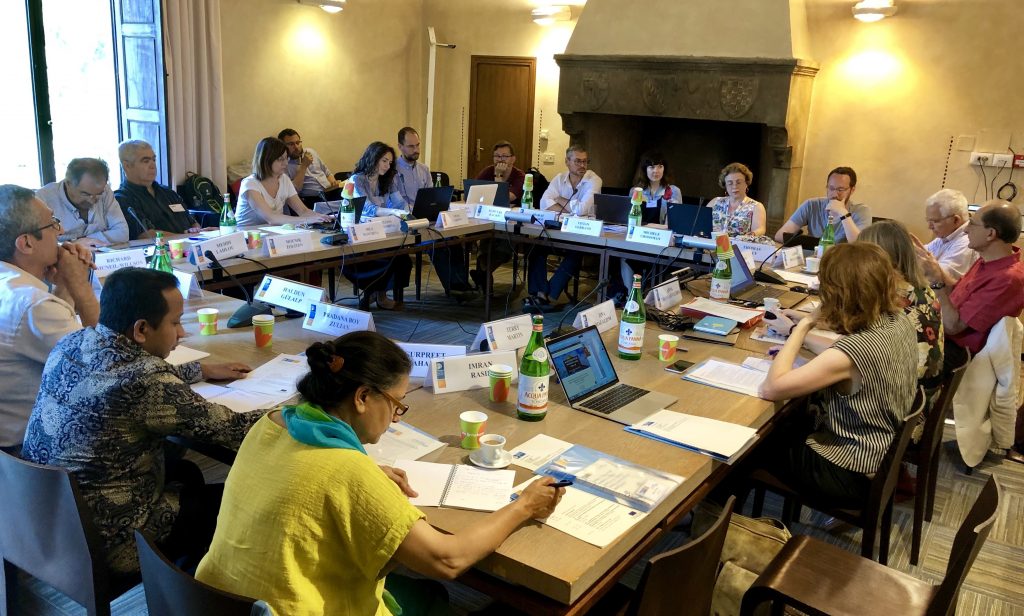
GREASE’s second project meeting was both productive and well attended. Representatives from all 12 of our partner institutions met on June 17 and 18 in Florence. We travelled to Italy from 10 countries, with some of us coming from as far away as South Asia and Australia. The gathering was hosted by the project’s coordinating partner, the European University Institute.
Consortium members presented the preliminary findings of our research on religious governance, state-religion relations and radicalisation in 23 countries. The presentations revealed a broad range of models and typologies, illustrating significant differences both between and within the various geographical regions. These findings will be published later this year in the form of 23 Country Reports and a corresponding set of shorter Country Profiles.
Another highlight of the project meeting was the discussion surrounding the GREASE Concept Papers which were published in May. Valuable in themselves for illuminating our challenging subject matter, the Concept Papers are crucial for the project’s further development as they provide the conceptual framework to guide the implementation of GREASE’s research-oriented work packages.
The meeting also provided an opportunity to catch up on current dissemination and training activities. We reviewed our social media presence and discussed plans to vastly expand blog outputs through cooperation with a third-party platform. We grabbed stacks of GREASE’s new four-colour trifold leaflet to distribute at conferences and events. And we were briefed on the status of GREASE’s ambitious film productions. The meeting coincided with the launch of the project’s first online course (MOOC) exploring the topic of religious governance.
GREASE’s Forthcoming Country Reports
An Interview with Our Research Team in Lithuania
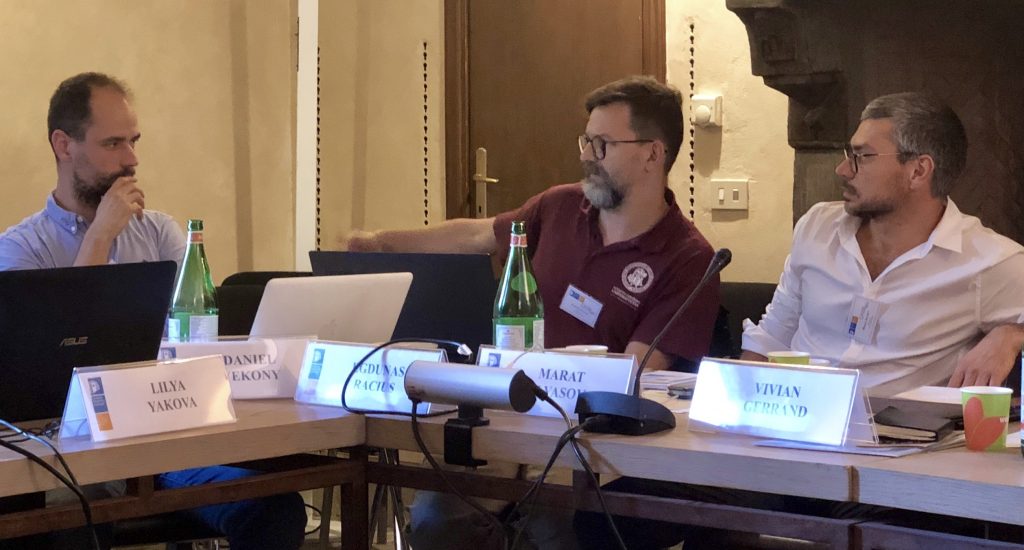
What can we expect from GREASE’s 23 Country Reports?
Egdūnas: First of all, the reports give a perspective on the different ways that religion is governed around the world. They show that even in Europe, religious governance regimes differ significantly. While the reports themselves are not comparative, they do have a common structure that invites comparison.
Secondly, the reports provide an overview on how states perceive and seek to prevent radicalisation. Though radicalisation may often be religious in nature, it frequently has nationalist, populist or otherwise secular dimensions as well. And it almost always – inevitably – has a political dimension.
With respect to both radicalisation and governance of religion, the reports provide useful background (including an extensive bibliography) and can serve as a stepping stone for more in-depth analysis.
Daniel: I think this project is unique, as it tries to give a comparative scope to religion, secularism and radicalism from a truly global perspective. Few research projects take on such ambitious goals, and this gives us a huge opportunity to learn from each other.
Russia is a geographically massive country with a high degree of cultural heterogeneity. Is it possible to generalise about religious diversity and radicalisation in such a place?
Marat: It is impossible to generalise about the process of radicalisation not only in Russia but elsewhere in the world. Each case is individual and needs to be treated as unique. Nonetheless, some cases may have similar or even identical features. Which makes it interesting to compare them. It is possible to identify patterns among the cases and group them into categories, broadening our understanding about the radicalisation process and the drivers behind it. And yet, there will be some cases that can fit anywhere. That’s what makes radicalisation so difficult to pinpoint.
Egdūnas: Russia is almost a continent unto itself. So one needs to be cautious in making generalisations about it, and not only regarding religious radicalisation. The same applies to India and other countries with great religious and cultural diversity, so Russia is not unique in this regard; it’s just that it looms large compared to other, less populous and less culturally diverse countries. But even in those cases, we have to keep in mind that there is a vast spectrum of religious diversity (even within a given faith) and avoid making sweeping generalisations about any country.
Hungary and Slovakia are neighbouring states. Has your research found many similarities?
Daniel: Hungary and Slovakia have a rather problematic shared history. Even though the two peoples had many conflicts in the past, they share a number of characteristics in their national identity. Both countries regard their Christian heritage as an essential element of their national identity. If one takes a look at the coat of arms of the two countries, one immediately sees that the Slovakian coat of arms (the double cross standing on three hills) is the same as the right side of the Hungarian one. So, strong links are there in these basic symbols, too.
Both countries struggle with their past and their national identity. Because of the past traumas for both countries, the ideal of a homogeneous national society is something positive. This is why both societies have challenges as far as minority groups (ethnic and religious) are concerned. This issue is also tangibly present in the domain of religion and migration. Many people in these societies regard migration (involving people of non-Christian background) as a potential challenge for achieving a harmonious society.
When the country reports are published, who do you think will benefit most from reading them?
Egdūnas: The Country Reports, though written by academics, are meant to serve a general readership. We are trying to write them in such a way that will make them valuable for academics but also comprehensible to readers who have only a limited knowledge of the subject matter. The accompanying Country Profiles – which provide basic information on the countries covered – will help make the material even more accessible.
The reports will definitely be of interest to students in various fields of social sciences like political science, sociology, law, etc. But they may also prove useful to practitioners such as state employees at ministries and other governmental institutions and those working for NGOs or in the civil society sector. The reports will appeal particularly to two groups: those who deal with issues involving cultural and religious diversity (and the governance thereof); and those working on preventing radicalisation (religious or otherwise). People representing religious institutions – and those affiliated with them – may also find these reports informative and useful. And finally, journalists who report on related issues should find the reports very handy.
GREASE’s Country Reports and Country Profiles will be published in late 2019
